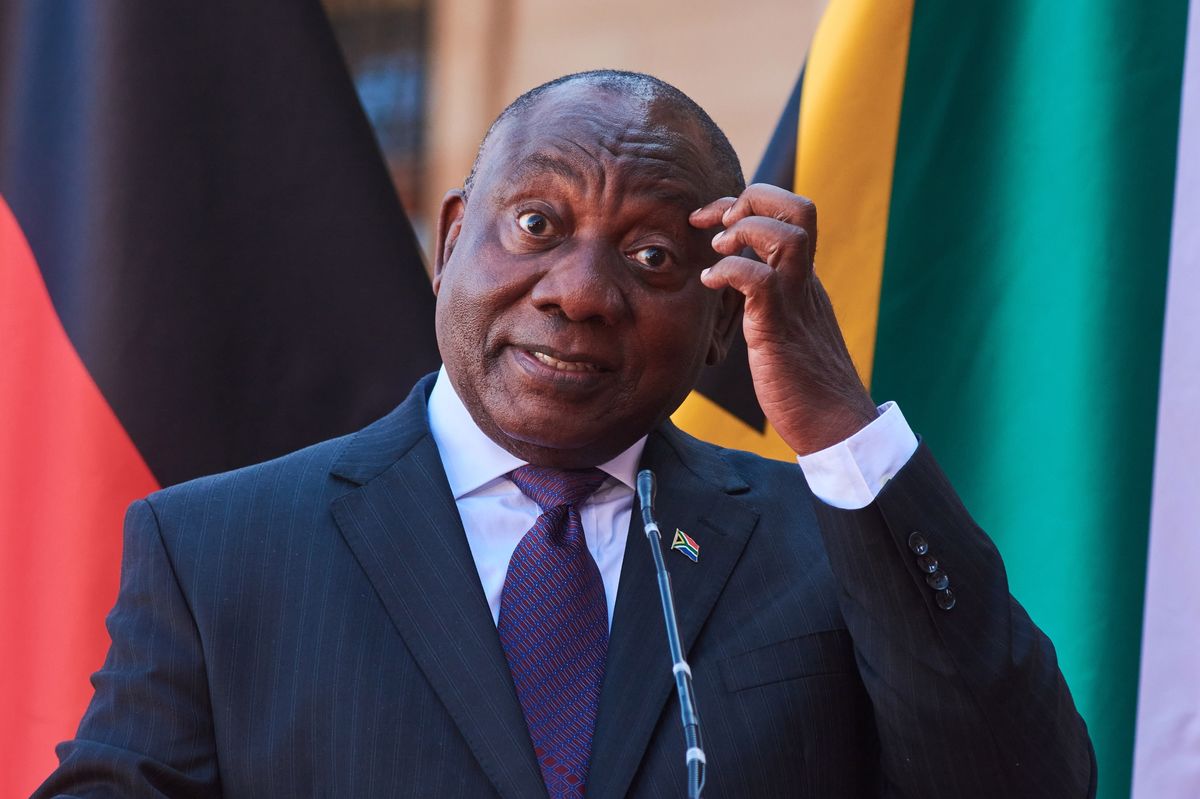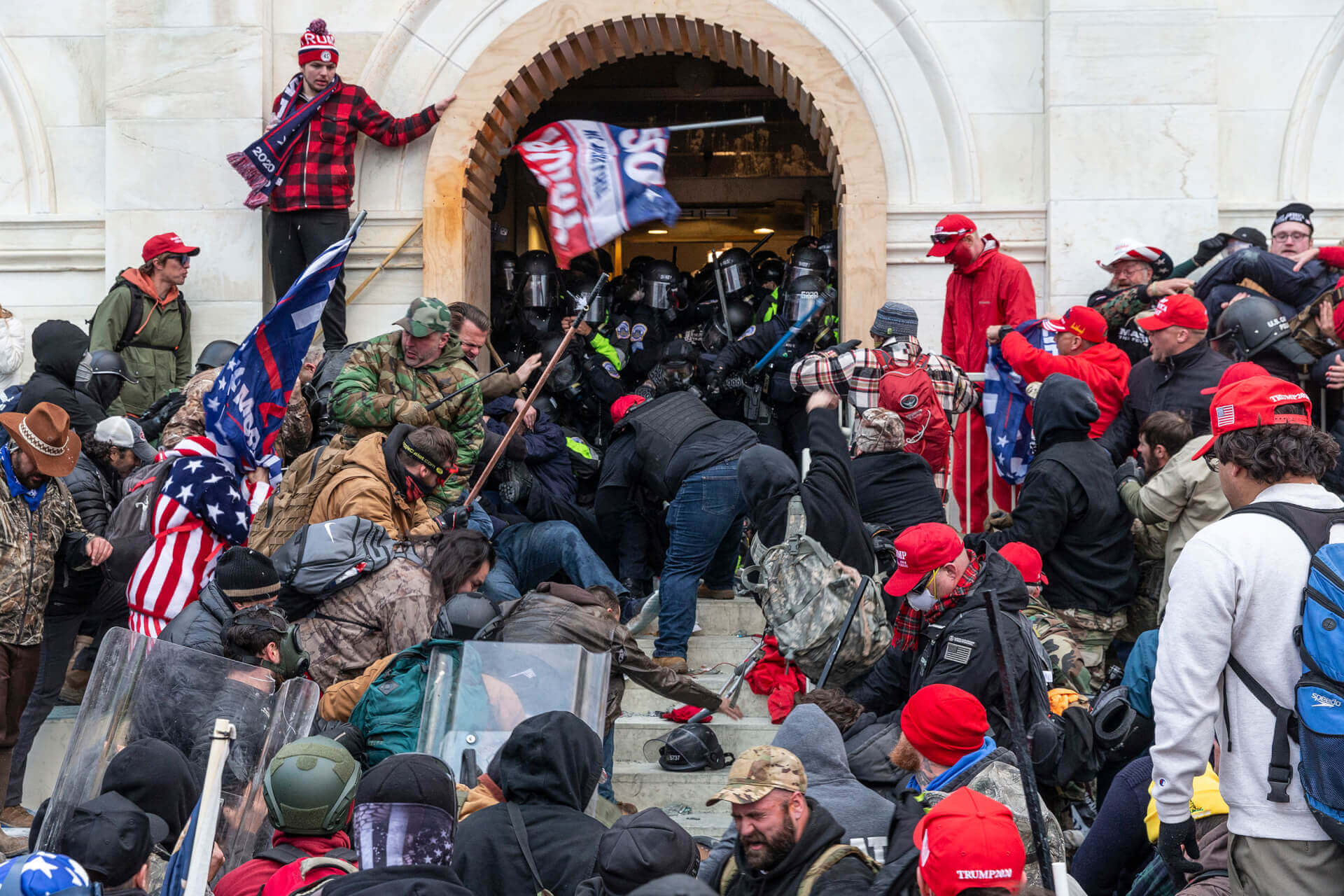South Asia
The United Nations announced a $47 million assistance plan for Sri Lanka to help it mitigate its ongoing economic crisis. The programme is a “multi-sector assistance” plan that will provide the country with essential items like food, medicine, and drinking water. [Colombo Page]
Pakistan Tehreek-e-Insaaf Chief and former Prime Minister Imran Khan on Thursday warned that citizens will “now find out what inflation actually is,” just a day before Finance Minister Miftah Ismail announces the annual budget for 2022-2023. [Geo TV]
Central Asia and the Caucasus
Azerbaijan on Thursday became the first Central Asian country to condemn Indian ruling party officials for insulting Prophet Muhammad. The Shia-majority country summoned India’s ambassador to express concern about the Islamophobic nature of the comments and urged India to take more steps to ensure the peaceful coexistence of different faiths. [Azer News]
Several human rights groups released a report on Thursday saying that the LGBTQ community in Uzbekistan face abuses, discrimination, and imprisonment. Uzbekistan is the only former Soviet state to retain a law criminalising homosexuality. [RFE/RL]
East and Southeast Asia
Chinese state media Global Times has lashed out at Japanese Prime Minister Fumio Kishida for his “ill intentions” in his upcoming address at the Shangri-La Dialogue in Singapore today, as he is expected to discuss the Diaoyu/Senkaku Islands, the Taiwan Strait, and announce and increase the country’s defence budget. The Chinese media outlet thus criticised Kishida for “fanning the flames” of regional confrontation under the guise of the Indo-Pacific strategy, saying he risks “sending more aftershocks of the ongoing European geopolitical earthquake to Asia.” [Global Times]
North Korean state media reported 45,540 new “fever” cases yesterday, in what has come to be interpreted as COVID-19. It noted that the country has thus far recorded over 4.3 million cases of “fevered persons,” claiming that 98% of them have recovered and 1.9% are undergoing medical treatment. The announcement came on the same day that the ruling Workers’ Party, led by Supreme Leader Kim Jong-un, held a meeting on Thursday to deliberate on a “series of important issues,” amid increasingly frequent reports that it plans to conduct its first nuclear test since 2017. North Korea has launched 31 ballistic missile tests this year as part of 18 weapons tests. [KCNA Watch]
Europe
At a meeting of the International Atomic Energy Agency’s Board of Governors yesterday, the United Kingdom expressed “grave concerns” about the impact the Russian invasion of Ukraine could have on “nuclear safety, security, and safeguards,” noting that nuclear facilities in the country have been hit at least four times since the invasion began, causing major disruptions to operations. It also voiced alarm about Russia seizing the Zaporizhzhia nuclear facility, which it said is “preventing the competent Ukrainian authorities and Agency inspectors from carrying out their essential safeguards duties.” [UK Government]
On Thursday, lawmakers (MEPs) in the European Parliament voted to condemn the United States Supreme Court over its recent draft majority opinion on leaving abortion laws up to state governments, wherein it effectively overturned the historic Roe v. Wade ruling. The motion passed with 364 votes in favour, 154 against, ad 37 abstentions, with one MEP saying the Supreme Court’s decision was a “shock and a nightmare.” [Politico]
After visiting an exhibition dedicated to the 350th birth anniversary of Russian Tsar Peter the Great on Thursday, President Vladimir Putin appeared to justify his invasion of Ukraine by comparing it with Peter the Great’s 21-year-long Great Northern War against Sweden in the 18th century. “On the face of it, he was at war with Sweden taking something away from it… He was not taking away anything, he was returning,” he told a group of entrepreneurs, adding that no European country at the time recognised St Petersburg as part of Russia despite the territory being under Russian control since “time immemorial.” [President of Russia]
Latin America and the Caribbean
Venezuelan President Nicolás Maduro met with his Algerian counterpart Abdelmadjid Tebboune in Algiers on Thursday and commended his role in strongly defending the Sarahawi people’s right to self-determination in Western Sahara. The duo also declared their support for a speedy conduct of elections in Libya as well as the Palestinian people’s historic struggle for an independent state with its capital in Jerusalem, while condemning Israeli forces’ aggression. They also discussed enhancing bilateral cooperation in energy, education, science, and agricultural sectors and agreed to revive the High-Level Joint Commission and initiate direct flights between the two nations from July. [Telesur]
Speaking at the ongoing Americas Summit in Los Angeles, Chile’s leftist President Gabriel Boric denounced the exclusion of Cuba, Nicaragua, and Venezuela from the event saying it marked a “missed opportunity” for the United States (US) to advance democracy in the region. While reaffirming his critiques of the three countries, he accused the US of “double standards,” pointing to its support for undemocratic regimes in Saudi Arabia and Israel. He thus blamed the US for giving the excluded countries a “perfect excuse for victimisation” and added that it must reorient its relations in terms of “political equality with the region’s countries” and promote “shared values” like respect for human rights and freedom of press, as these would be “much better supported without paternalism.” [Washington Post]

Middle East and North Africa (MENA)
Israeli Prime Minister Naftali Bennett met with Emirati President Mohammed bin Zayed in Abu Dhabi on Thursday for the third time in six months. Both leaders discussed improving political, economic, and cultural ties. They also discussed Iran’s nuclear programme. [New York Times]
Turkish President Recep Tayyip Erdoğan announced on Thursday that he will contest next year’s presidential election. Erdoğan called on opposition leader Kemal Kılıçdaroğlu to announce a candidate that would challenge him. Erdoğan has ruled the country for almost 20 years, first as Prime Minister from 2003 to 2014 and as President since then. [Associated Press]
The European Union (EU) on Thursday proposed a deal with Egypt and Israel to import natural gas from the Mediterranean. The deal, which needs approval from EU members, is part of Europe’s efforts to reduce gas purchases from Russia. [Reuters]
North America
In its first televised hearing on Thursday, the Special House Committee investigating the January 6 Capitol insurrection said the riot was an “attempted coup” by former President Donald Trump to overturn the results of the 2020 presidential elections. The Committee went on to provide shocking details in a never-seen-before video describing the mob of Trump supporters who attacked the Congress, testimonies from Trump’s daughter, Ivanka Trump, and son-in-law Jared Kushner, and his repeated lies about election fraud. “Democracy remains in danger,” Committee chairman Bennie Thompson said during the hearing, adding, “The violence was no accident.” More than 100 police officers were injured and nine people were killed during the riots last year. [Associated Press]
According to Canadian Parliamentary Budget Officer Yves Giroux, Canada needs to spend another $75.3 billion on its military by the end of 2027 to reach the North Atlantic Treaty Organization’s (NATO) target of defence spending constituting 2% of each member’s GDP. Canada currently spends just 1.4% of its GDP on defence. [CBC News]
Oceania
Newly-elected Australian Prime Minister Anthony Albanese met with his counterpart from New Zealand, Jacinda Ardern, on Thursday for the first time since entering office last month. During their meeting, Albanese pledged to “work through some of the issues” obstructing bilateral ties, referring to its 2015 amendment of its Migration Act, under which Australia has frequently stripped dual citizens of their Australian citizenship when it deems them to be a national security threat, thereby allowing it to deport them to New Zealand, even in cases where they have spent all or the majority of their lives in Australia. Ardern has previously criticised Australia for “exporting” its problems to New Zealand. Albanese noted that Ardern has been “very forceful in her views,” but noted that “there’s more work to do.” [Newshub]
New Zealand Trade Minister Damien O’Connor is travelling to Europe today to attend the World Trade Organization's (WTO) 12th Ministerial Conference (MC12), where he will discuss the imminent ratification of a free trade agreement with the United Kingdom and the progress on the “final stages” of discussions on a similar deal with the European Union. Ahead of his trip o Geneva for MC12, he will make a stop in Paris for an ‘informal event’ on the United States-led Indo-Pacific Economic Framework for Prosperity. [New Zealand Government]
Sub-Saharan Africa
South African President Cyril Ramaphosa said in his budget speech on Thursday that his political opponents are “resorting to dirty tricks and intimidation” to derail his government’s fight against corruption. Ramaphosa faces charges of money laundering and kidnapping, levelled against him by former intelligence chief and political adversary Arthur Fraser. Ramaphosa reaffirmed that he will “not waver” and will “finish what has been started.” On Thursday, he suspended the country’s top anti-corruption official, Busisiwe Mkhwebane, initiating a parliamentary inquiry into her ability to hold office. She was appointed by his predecessor Jacob Zuma in 2016. [Africanews, The Presidency]
Tensions between Rwanda and the Democratic Republic of Congo (DRC) flared up once again on Wednesday night, after the Congolese army accused its neighbour of deploying 500 Special Forces soldiers near Tchanzu in North Kivu to aid M23 rebel fighters. Kinshasa also claimed that the soldiers were wearing different uniforms in order to “conceal their presence in Congolese territory.” [The East African]

